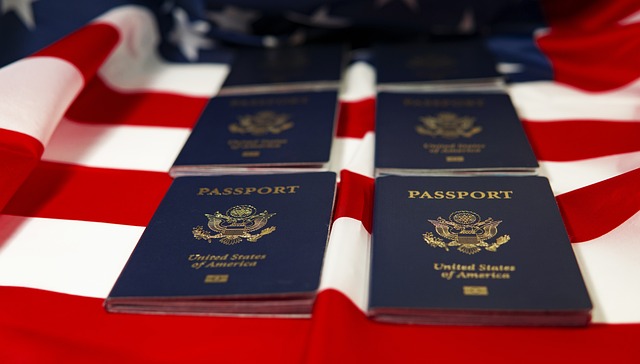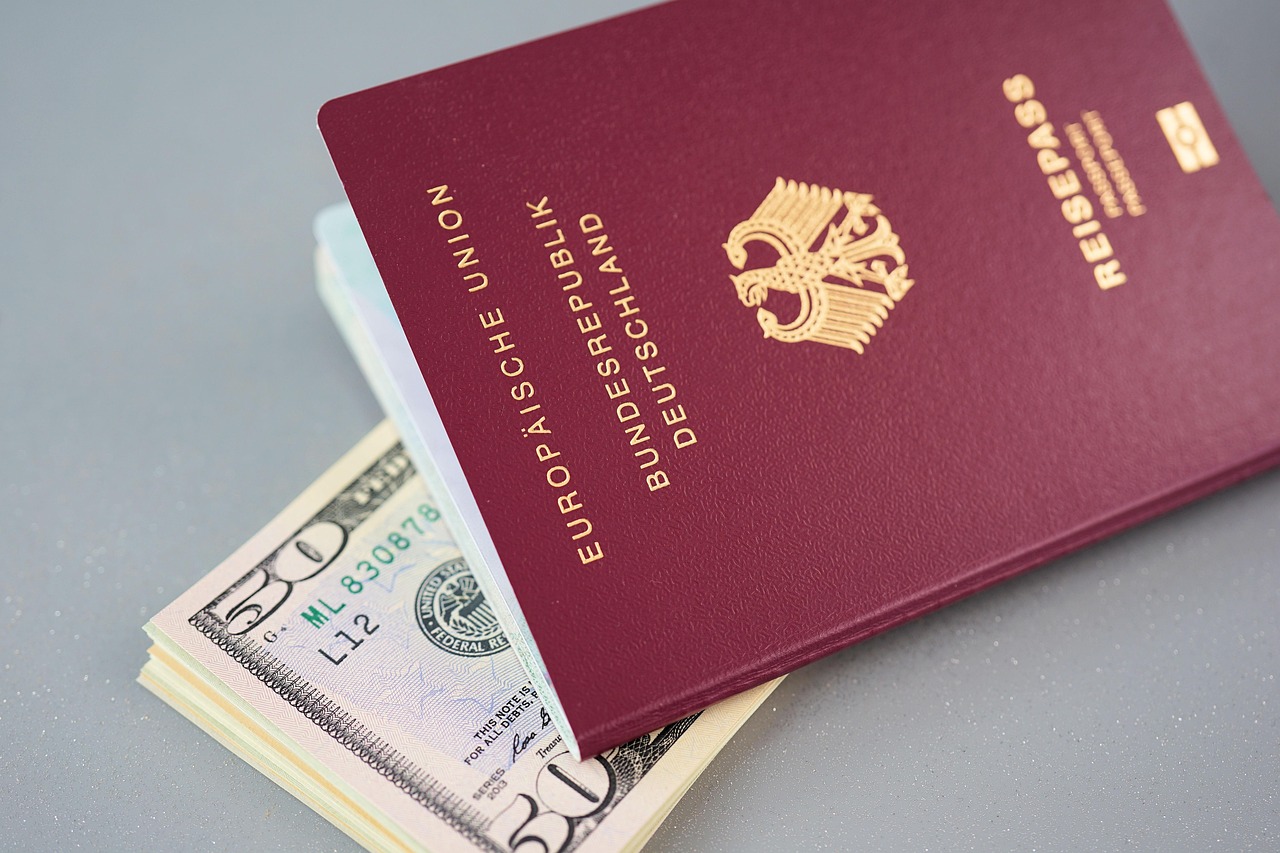Dutch Citizenship by Marriage: What You Need to Know

Obtaining Dutch citizenship by marriage is a pathway available to foreign nationals who are married to Dutch citizens. This process allows spouses to become fully integrated into Dutch society, with the same rights and responsibilities as native Dutch citizens. However, the process involves specific requirements and procedures that must be carefully followed. This article provides a comprehensive guide to Dutch citizenship by marriage, including eligibility criteria, application process, and important considerations.
1. Eligibility Criteria
To be eligible for Dutch citizenship by marriage, you must meet certain criteria set by the Dutch government. These criteria ensure that applicants are well-integrated into Dutch society and have a genuine connection to the Netherlands.
Marriage Requirements
- Legal Marriage: You must be legally married to a Dutch citizen. Civil partnerships are also recognized, provided they are registered in the Netherlands.
- Duration of Marriage: You must have been married to or in a registered partnership with a Dutch citizen for at least three years.
Residency Requirements
- Continuous Residence: You must have lived in the Netherlands continuously for at least five years with a valid residence permit. The three years of marriage must be within this five-year period.
- Valid Residence Permit: You must hold a valid residence permit for the entire duration of your stay in the Netherlands.
Integration Requirements
- Language Proficiency: You must demonstrate proficiency in the Dutch language by passing the Civic Integration Examination (inburgeringsexamen). This exam tests your knowledge of Dutch language, culture, and society.
- Civic Integration: You must have completed the civic integration process, which includes understanding Dutch norms, values, and legal system.
Good Conduct
- Criminal Record: You must have a clean criminal record. Any serious criminal offenses can disqualify you from obtaining Dutch citizenship.
2. Application Process
The process of applying for Dutch citizenship by marriage involves several steps, from gathering documents to attending a citizenship ceremony.
Step 1: Gather Required Documents
You will need to provide various documents to support your application, including:
- Passport: A valid passport or travel document.
- Birth Certificate: An official birth certificate, translated and legalized if necessary.
- Marriage Certificate: An official marriage certificate, translated and legalized if necessary.
- Residence Permit: Proof of a valid residence permit.
- Civic Integration Diploma: Proof of passing the Civic Integration Examination.
- Income Proof: Evidence of sufficient income or financial stability.
Step 2: Submit the Application
- Where to Apply: Submit your application to the municipality (gemeente) where you reside.
- Application Form: Complete the application form for naturalization, which can be obtained from your local municipality.
- Fees: Pay the required application fee, which varies depending on your situation.
Step 3: Await Decision
- Processing Time: The processing time for citizenship applications can vary, but it typically takes several months. During this period, the Immigration and Naturalization Service (IND) will review your application and conduct any necessary checks.
- Notification: You will be notified of the decision in writing. If approved, you will be invited to attend a citizenship ceremony.
Step 4: Attend Citizenship Ceremony
- Oath of Allegiance: At the citizenship ceremony, you will take an oath of allegiance to the Kingdom of the Netherlands. This is a formal declaration of your commitment to Dutch society and its laws.
- Receive Naturalization Certificate: After taking the oath, you will receive your naturalization certificate, officially making you a Dutch citizen.
3. Dual Citizenship
The Netherlands has specific rules regarding dual citizenship. In general, Dutch law requires individuals to renounce their original nationality when acquiring Dutch citizenship. However, there are exceptions to this rule, including:
- Marriage to a Dutch Citizen: If you acquire Dutch citizenship by marriage, you may be allowed to retain your original nationality.
- Country of Origin: Some countries do not allow their citizens to renounce their nationality. In such cases, you may be permitted to hold dual citizenship.
It is essential to check the specific rules and regulations of both the Netherlands and your country of origin regarding dual citizenship.
4. Rights and Responsibilities of Dutch Citizenship
Obtaining Dutch citizenship by marriage grants you the same rights and responsibilities as native Dutch citizens.
Rights
- Voting: You can vote in national, provincial, and municipal elections.
- Work and Residence: You have the right to live and work in the Netherlands without any restrictions.
- Travel: You can travel freely within the European Union (EU) and the Schengen Area.
- Social Benefits: You are entitled to social benefits, including healthcare, education, and social security.
Responsibilities
- Taxes: You are required to pay taxes on your income and assets.
- Military Service: While the Netherlands has a professional military, conscription can be reinstated in times of emergency.
- Loyalty: You must abide by Dutch laws and contribute to Dutch society.
5. Important Considerations
Before applying for Dutch citizenship by marriage, consider the following:
Legal Advice
- Consult an Expert: Given the complexity of the naturalization process, it may be beneficial to consult an immigration lawyer or expert to ensure you meet all requirements and submit a complete application.
Language and Integration
- Prepare for the Exam: The Civic Integration Examination can be challenging. Consider taking language courses and preparing thoroughly to increase your chances of success.
Financial Stability
- Ensure Financial Stability: Proof of sufficient income or financial stability is a key requirement. Ensure you have the necessary documentation to demonstrate your financial situation.



